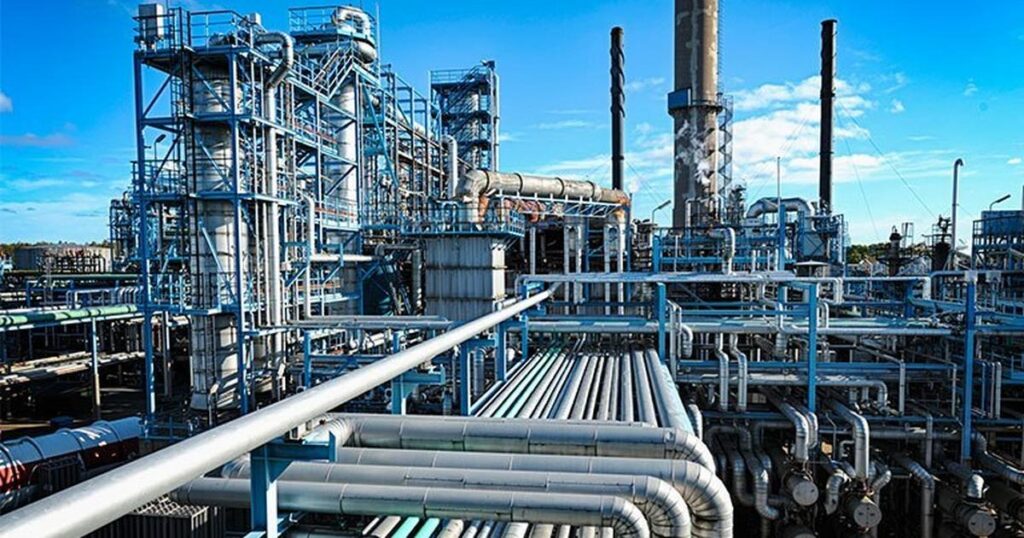Some oil and gas experts have said the coming on stream of both Port Harcourt and Dangote refineries may lead to some marginal reduction in the cost of petroleum products and not a significant price crash.
The experts who spoke in separate interviews on Sunday in Abuja said some ancillary costs, such as freight and port charges, would have been eliminated to achieve the marginal reduction.
On December 21, the federal government announced the mechanical completion and flare start-up of the Port Harcourt Refining Company Limited (PHRC) and the subsequent streaming of its phase two in 2024.
Reacting to the development, an associate professor of energy and natural resources at the University of Abuja, Olanrewaju Aladeitan, said there should be some marginal reduction in petrol prices as some ancillary cost would have been eliminated.
However, he explained that the price of petroleum products may not come down significantly to describe it as crashing.
“The price may not come down significantly considering the fact that crude oil and condensates supply for the domestic market under the Petroleum Industry Act is going to be based on a willing supplier and a willing buyer basis.
“And the fact that the supply of crude oil will be commercially negotiated having regard to prevailing international market price for similar grades of crude,” he said.
With this provision, he said there would be no dedicated percentage of crude for local refineries.
“Hence, international market price, which, of course, is denominated in dollars, will still be the determinant of the cost of the crude oil that would be refined.
“So I do not see how the price of Petroleum products will crash,” Mr Aladeitan said.
Also, Yushau Aliyu, an economic expert, said reaching a mechanical test of the refinery after a very long fruitless effort indicated that part of the refined Premium Motor Spirit (PMS) deficit would be attended to.
Mr Aliyu described it as a good signal of recovery in the forex deficit, which dominated the dwindling liquidity crisis.
“In addition, the new Nigerian National Petroleum Company Limited (NNPC Ltd.) is responding to the immediate solution for the availability of PMS in the economy.
“We are expecting the NNPC Ltd.’s retail stations to reduce their pump price due to the absence of landing cost in the short-term effects,” he said.
Another oil and gas expert who preferred to remain anonymous said it was obvious that some people in the oil and gas sector were engaged in an act of sabotage.
He frowned at the situation where the government preferred to spend so much, including foreign currency, to import fuel rather than fix its refineries.
“They claim that the 60,000 barrels capacity refinery in Port Harcourt is back on stream, while the 150,000 barrels capacity will work soon.
“We are waiting to see them work, including that of Warri and Kaduna. When they are put to use, let’s see why fuel prices will not crash,” the expert said.
The pump price of petrol has increased to N660 per litre at various fuel stations, while NNPC Ltd.’s retail outlets sell at N617 since the removal of subsidy in May 2023 due to high crude cost and high foreign exchange rate.
(NAN)










More Stories
Tinubu’s claim of Dinner with Vatican State Secretary Pietro Parolin busted
Lagos Govt seals Donald Restaurant Lekki
World leaders attend Pope Leo XIV official installation